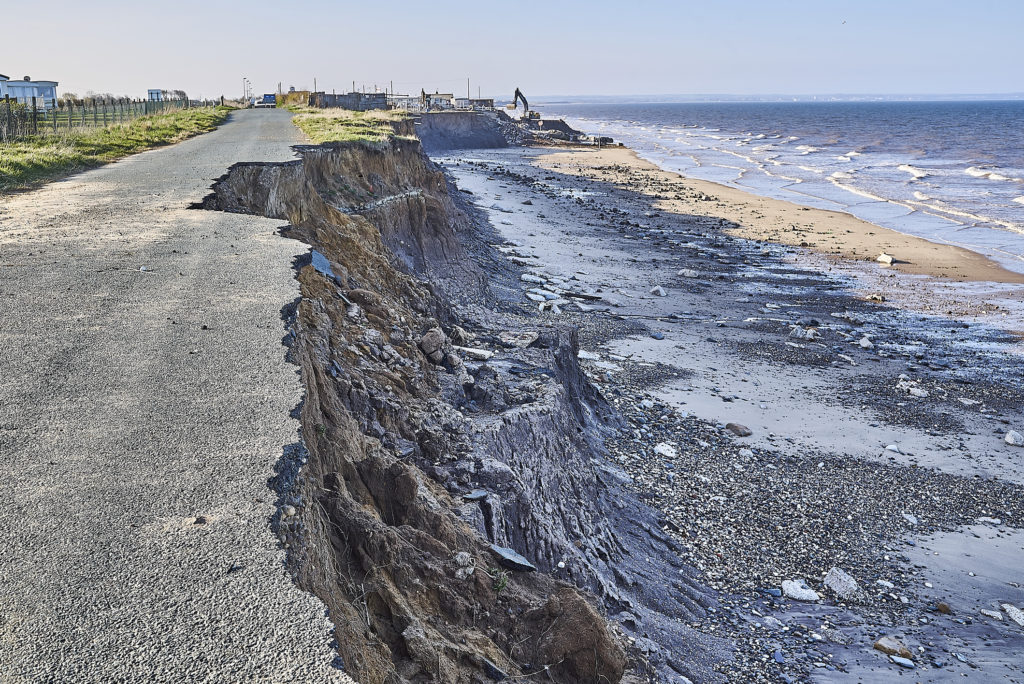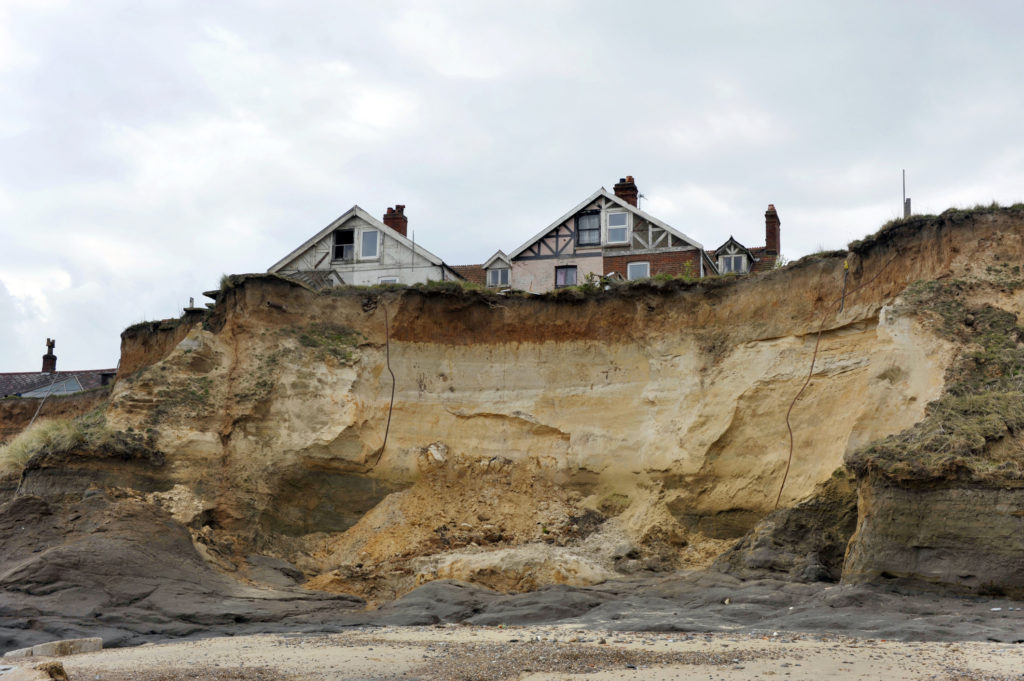Climate change in the UK has been a growing concern in recent years due to its numerous effects on the country’s weather patterns, ecosystems, and infrastructure. The UK has been experiencing increased average temperatures, more frequent extreme weather events, and changes in precipitation patterns, among other impacts. These changes can significantly affect the environment, economy, and public health. In this article, I concentrate on Ocean and Sea levels in the UK.

Ocean and Sea levels globally are rising, and the UK is no exception to experiencing this. The level rise is primarily caused by two factors: the thermal expansion of ocean water and the melting of ice from glaciers, and the melting of the polar ice sheets. As global temperatures rise due to increased greenhouse gas emissions, these two factors contribute to rising sea levels, which in turn have a range of consequences for the UK coastal regions.
To mitigate the impacts of sea level rise, the UK is taking various adaptation measures, including improving coastal defences, implementing managed retreat strategies, and developing early warning systems for flood-prone areas.

Managed retreat, also known as managed realignment or coastal realignment, is a strategy used in coastal management to adapt to sea level rise and other climate change-related impacts on the coastline. In the UK, managed retreat involves deliberately relocating human infrastructure, habitats, and activities away from vulnerable coastal areas, allowing natural processes to reshape the shoreline over time.
As human infrastructure is removed or relocated, managed retreat strategies often involve restoring natural habitats, such as salt marshes, mudflats, or sand dunes. These habitats can provide valuable ecosystem services, including coastal protection, carbon sequestration, and support for biodiversity. Managed retreat is an ongoing process that requires regular monitoring and adaptation. Coastal managers need to track changes in the shoreline and the effectiveness of the retreat strategy, making adjustments as necessary to ensure long-term success.

Managed retreat strategies can offer several benefits, including reducing the long-term costs associated with maintaining coastal defences, promoting the restoration of natural habitats, and enhancing the resilience of coastal communities to the impacts of sea level rise. However, these strategies can also be controversial, as they may involve the relocation of homes and businesses and may require significant financial investments and strong community engagement.
The UK Government must have a solid policy to support relocation and understand the global natural changes happening to the world we know.





